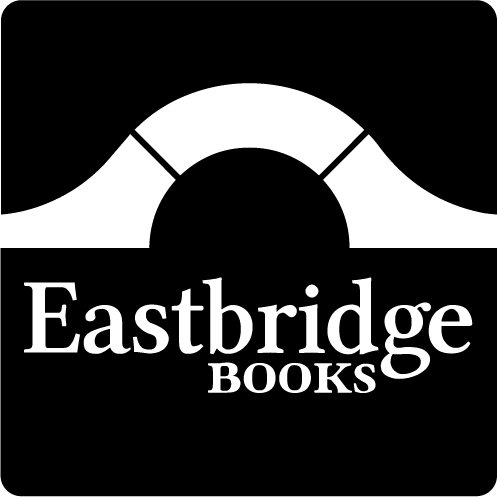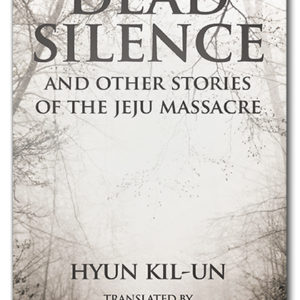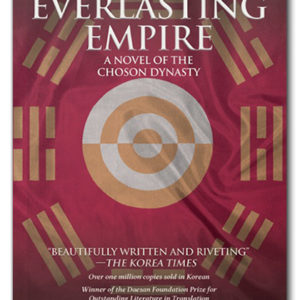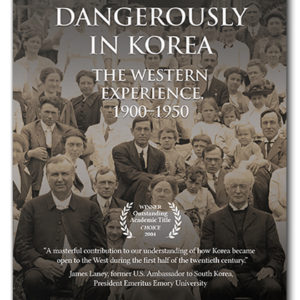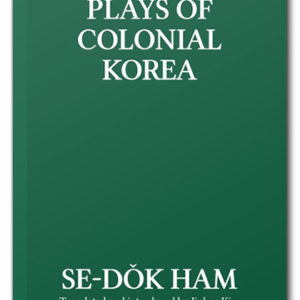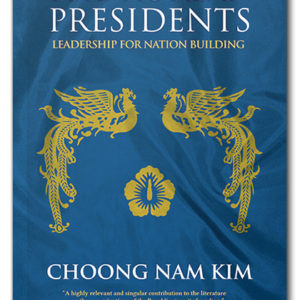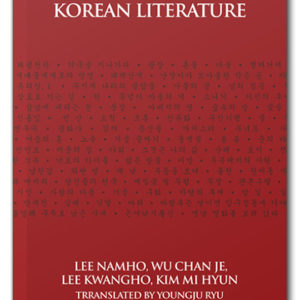A tragic – and largely forgotten – event following the liberation of Korea occurred on Jeju Island in 1948. An event now called the Jeju Massacre. On April 3, 1948, an armed guerrilla uprising was suppressed by the police and military constabulary. The guerrilla attacks had begun on April 1 and by April 3 the […]
Everlasting Empire is a Korean historical novel written as a murder mystery. The narrator frames the main story with his “discovery” of a 150-year-old manuscript. Because of problems verifying the authenticity of the manuscript, the narrator offers the book not as genuine history but as a story. This compelling tale is set at a pivotal moment […]
Korea was “discovered” by the West after World War II when it became a flashpoint in the Cold War. Before the war, however, it was home to many hundreds of Westerners who experienced life there under Japanese colonial rule. These included missionaries who opened Korea as a field for evangelism, education, and medicine; speculators who […]
During the Japanese occupation of Korea, young intellectuals like Se-dŏk Ham, eager to transform the traditional Korean ways, introduced Western arts, philosophy, and technology and styled themselves as bringing enlightenment. It was in this edgy, tumultuous world that Ham’s plays were first performed. With the end of World War II and the collapse of the […]
This volume is the only global analysis of each individual Korean president, from Syngman Rhee to Roh Moo-hyun, as well as the only current assessment of the success of the institution of the Korean presidency as a positive role model for emerging nations.
This short volume offers essential information and a basic framework for understanding twentieth-century Korean literature. Growing out of a continuous tradition of over 2,000 years, twentieth-century Korean literature, termed “modern Korean Literature” by Korean scholars, has been shaped by profound social and political transformations on the peninsula. Those decades of great suffering and change gave […]
